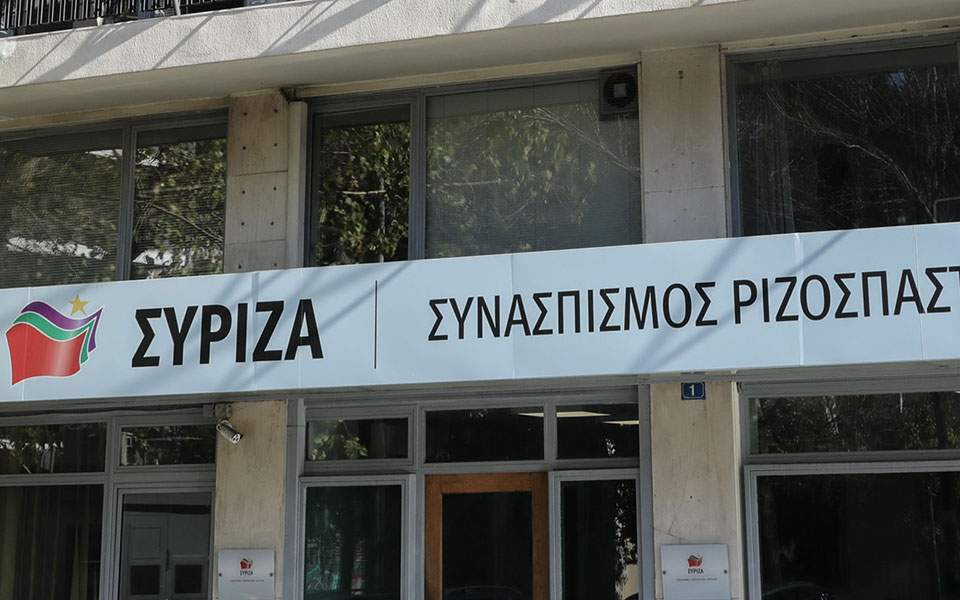SYRIZA concedes mistakes in critical review

In a self-critical mood, three senior members of leftist SYRIZA have authored a review of the party’s four-and-a-half years in power which will be presented for approval to its Central Committee this weekend.
The 80-page text authored by Yiannis Dragasakis, Thodoris Dritsas and Aristides Baltas includes an admission that the party lacked the necessary preparation to take the reins of power after winning the national election in 2015, while implying that its leadership ignored or misinterpreted reality.
Among these misinterpretations was the erroneous conviction that Greece would receive the support of other European countries that were also indebted.
The text also concedes that, in its early phase, the SYRIZA government had not realized that using the prospect of a Greek bankruptcy as a tool to blackmail the Europeans would not work as they had already fortified themselves in 2012 against the possibility of such an eventuality (Greek bankruptcy).
Moreover, there is the admission that the leftist party did not have a clear picture of the situation regarding the Greek public sector, the financial system and the media.
In addition it bemoaned that the terms of Greece’s bailout led to an alienation of the country’s middle class from SYRIZA, which is something it did not manage to reverse via the handouts it gave in the final months leading up to the recent elections.
Indeed, the text acknowledges that resorting to handouts was a mistake as they were perceived by the electorate as a bid to buy votes.
The three authors also said that it was a mistake to conduct local and European elections simultaneously. They stressed that local elections should have coincided instead with the national election.
Reference is also made to SYRIZA’s collaboration with the nationalist Independent Greeks party (ANEL) led by Panos Kammenos. The cooperation, the text says, had a positive aim as it led to the formation of a coalition government.
It was, it says, an “honorable cooperation” despite disagreements like that over the Prespes name agreement with North Macedonia. It noted however that the collaboration with ANEL had negative repercussions for SYRIZA and that the leftists should have ended it earlier.
Furthermore, the authors stress that SYRIZA failed to present a vision for the future in its election campaign.
On the positive side, they note that Greece’s third bailout, which the SYRIZA government had negotiated, was far more positive than the previous ones.
Likewise, the social measures it introduced are also presented as achievements. This, they believe, saved SYRIZA from the fate that befell socialist PASOK in 2012 – an erstwhile political powerhouse which saw its fortunes plummet due to bailout measures it imposed while in government.
The Prespes name agreement is also touted as a positive achievement as it improved Greece’s geopolitical standing and its international profile.





